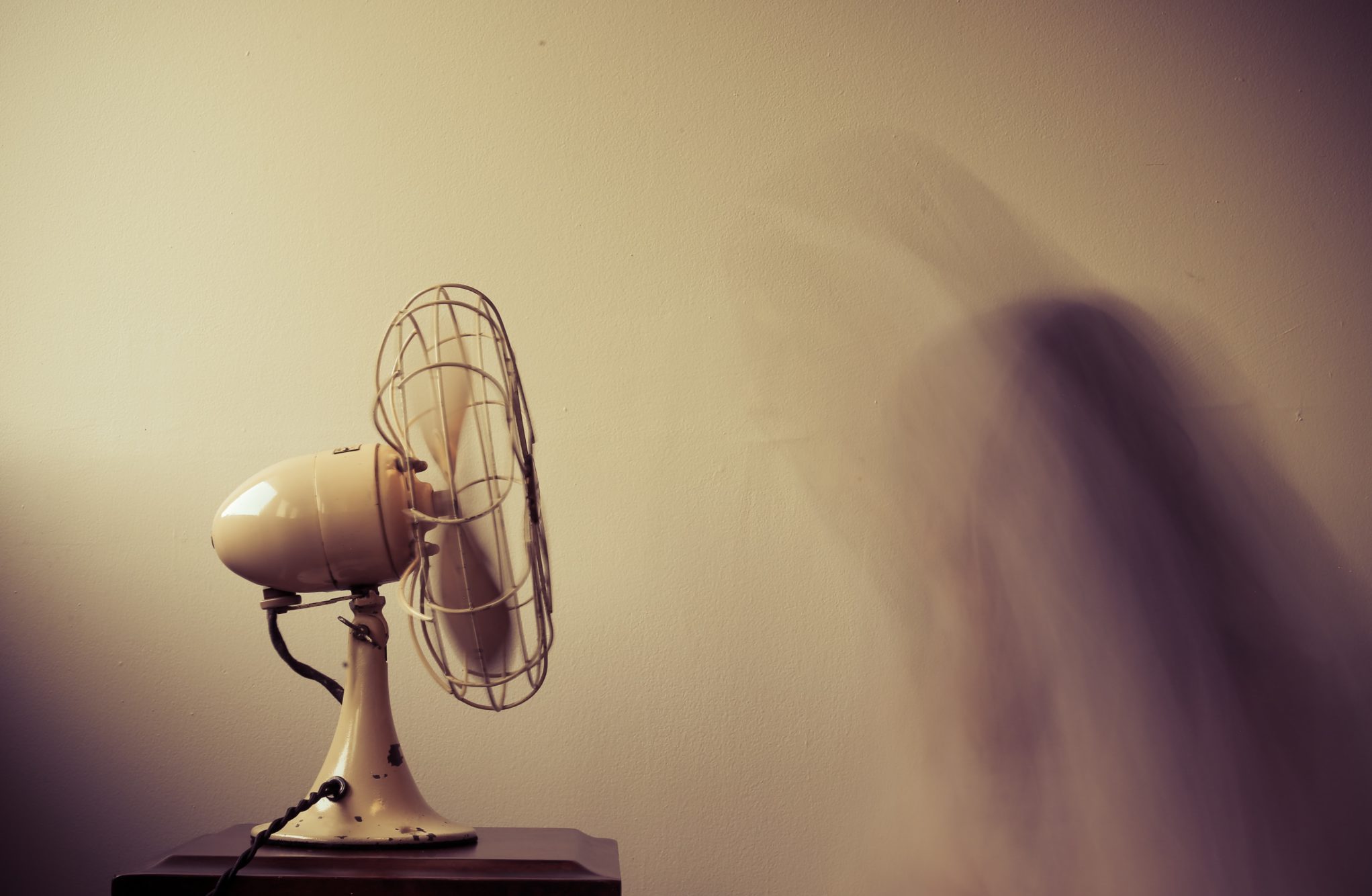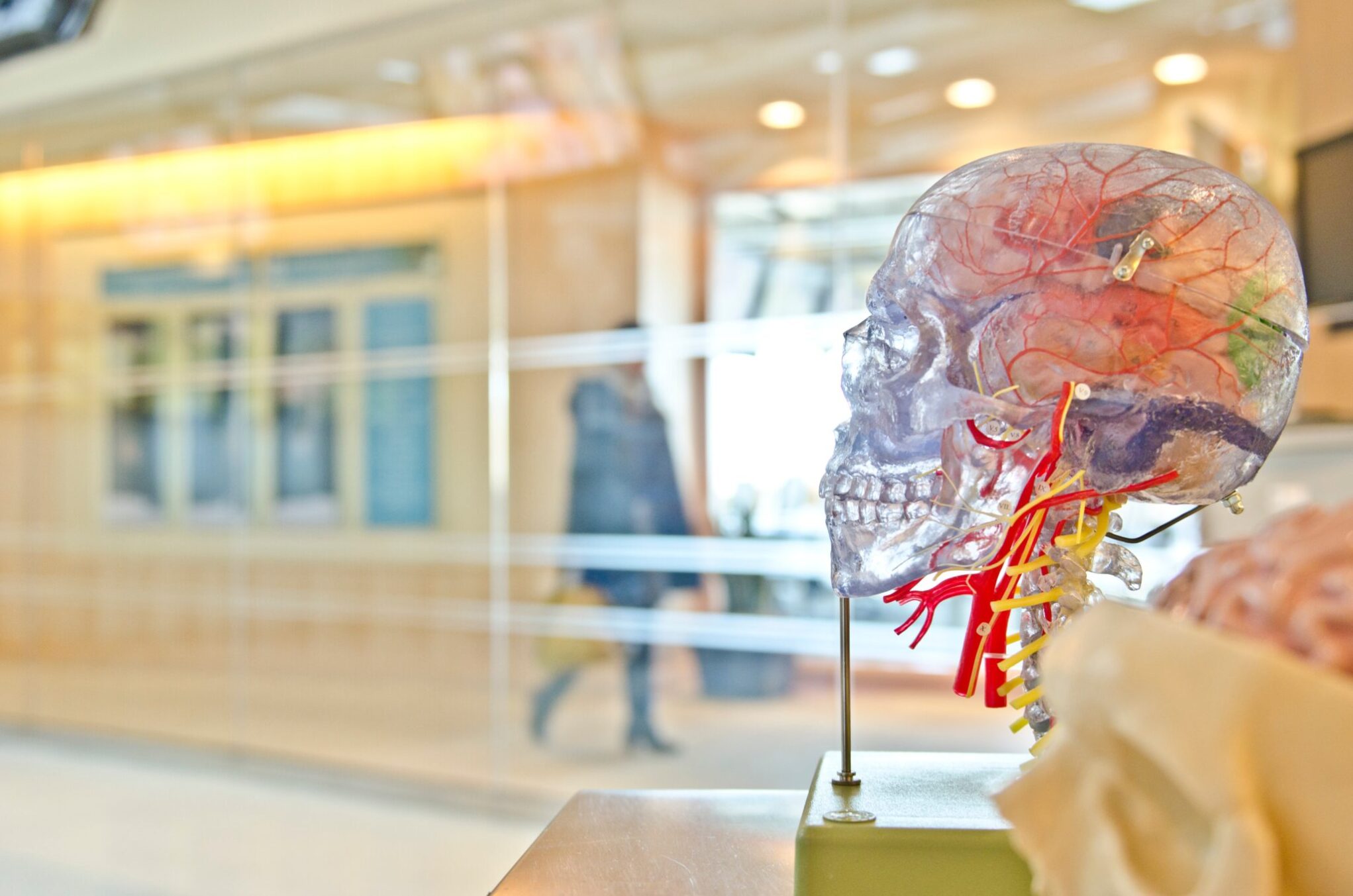Perimenopause: Where hormones change shape, but age changes weight


Welcome to the years after 40… where weird hair starts to grow in weird places, weight starts to pile on and that temperature setting starts to increase just a little. One of the most conversation that happens during our office visits revolves around that midsection weight gain as we have a conversation around metabolism and weight management that hasn’t been quite the same since their last menstrual period. Factors such as losing height, shifting weight disruption and improving sleep and energy can all be tips to focus on as we manage our way through perimenopause and menopause.
Moving into menopause, our hormones drop even more significantly, often around the age of 50, and women can experience anything from mood changes to a disruption of sleep quality and energy and those dreaded hot flashes.
There are a few studies that have looked at the association between weight gain and menopause, and although they are few and far between, there are some very key findings that guide our team in managing your transition years.
[one]
When women suffer with symptoms of menopause, their lack of sleep, low motivation and low energy reduces their physical activity during the day. You don’t feel like you have the energy to move… so you don’t.
[two]
Menopausal symptoms create a significant loss of quality of life, often leading women to eat different foods, many including simple sugars or high-fat snack options. This is especially noticeable when women feel exhausted, tending to reach for “easier” foods.
[three]
The loss of hormones at menopause changes body composition, which changes where women carry their weight on their body when they do gain weight. This is felt as an increase in pant size. As we age, women tend to exercise less and our muscle mass declines. Generally, our diets don’t change to match these changes, which can result quite easily in 2-3lbs of weight gain naturally per year.
When you combine this information with the knowledge that menopause may be responsible for a reduction in activity due to low mood and sleepless nights AND a change in body composition, we have a recipe for feeling out of control of your body.
Tired women move less, and women who move less are more likely to gain weight around their midsection. And yes, improving hormone levels using bioidentical hormone therapy can have benefit a healthier body composition, but it must be combined with nutrition and a return-to-exercise plan to have long lasting benefit.
To have our team work with you to design a plan that supports your lifestyle, your time and your goals, pop us a message below. We’d love to figure out where we can help you support your goals.
Start Your Best Health, Today
Contact us to schedule a complimentary consultation






